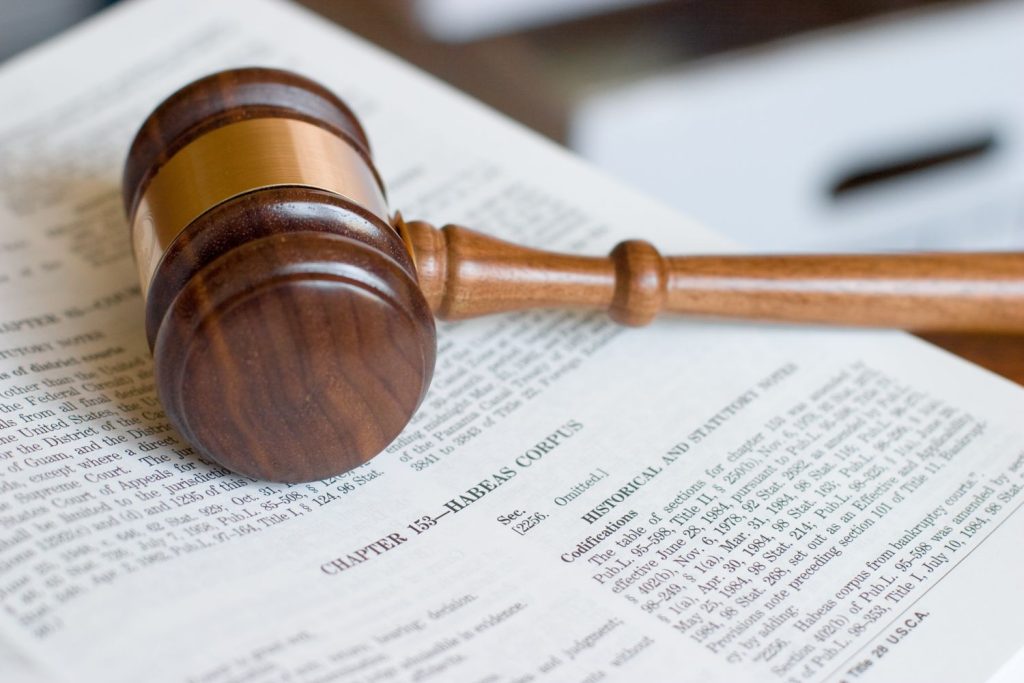In legal terms, new evidence refers to information or facts that were not available at the time of the original trial and could potentially impact the outcome of a case. When it comes to filing for a writ of habeas corpus, understanding what constitutes new evidence is crucial.
Definition of New Evidence
New evidence is any evidence that was not known or accessible during the original trial but is now available and could affect the verdict. This evidence can be:
- Physical Evidence: Items or objects related to the case that were not presented before.
- Documentary Evidence: Records, reports, or documents that were not included in the initial trial.
- Witness Testimony: Statements or testimonies from witnesses who were not available or did not testify during the original trial.
- Expert Opinions: New expert analyses or evaluations that could shed light on aspects of the case.
Types of New Evidence
- Exonerating Evidence: Information proving that the defendant is innocent, such as DNA evidence that was not tested previously.
- Impeaching Evidence: Evidence that discredits or undermines the credibility of witnesses or other trial evidence.
- Mitigating Evidence: New facts that provide context or background that could lead to a lesser sentence or different outcome.
Examples of New Evidence
- DNA Testing: New DNA evidence that was not available during the trial but proves the defendant’s innocence.
- Alibi Witnesses: Testimony from new witnesses who can confirm the defendant’s alibi.
- Police Records: Newly discovered police reports that were not included in the original trial.
Why New Evidence Matters
New evidence is important because it can:
- Challenge the Original Verdict: It can lead to the reopening of a case if it shows that the original decision was based on incomplete or incorrect information.
- Correct Wrongful Convictions: It helps in rectifying cases where a person may have been wrongly convicted due to missing or overlooked evidence.
- Ensure Justice: It ensures that legal decisions are made based on the most accurate and complete information available.
How to Use New Evidence in a Habeas Corpus Petition
When filing a habeas corpus petition, you need to:
- Present the Evidence: Clearly explain what the new evidence is and how it was discovered.
- Demonstrate Its Impact: Show how this evidence could have changed the outcome of the original trial.
- File Properly: Submit the petition within the required time limits and in accordance with legal procedures.
Conclusion
New evidence for the purpose of a habeas corpus petition is crucial for addressing wrongful convictions and ensuring justice. It must be information that was not available during the original trial and has the potential to affect the case’s outcome. If you believe you have new evidence, consulting a qualified attorney can help you understand how to proceed with your petition.
***
Disclaimer: This information is for general understanding and is not legal advice. Contact a qualified attorney for legal representation or specific legal advice.

